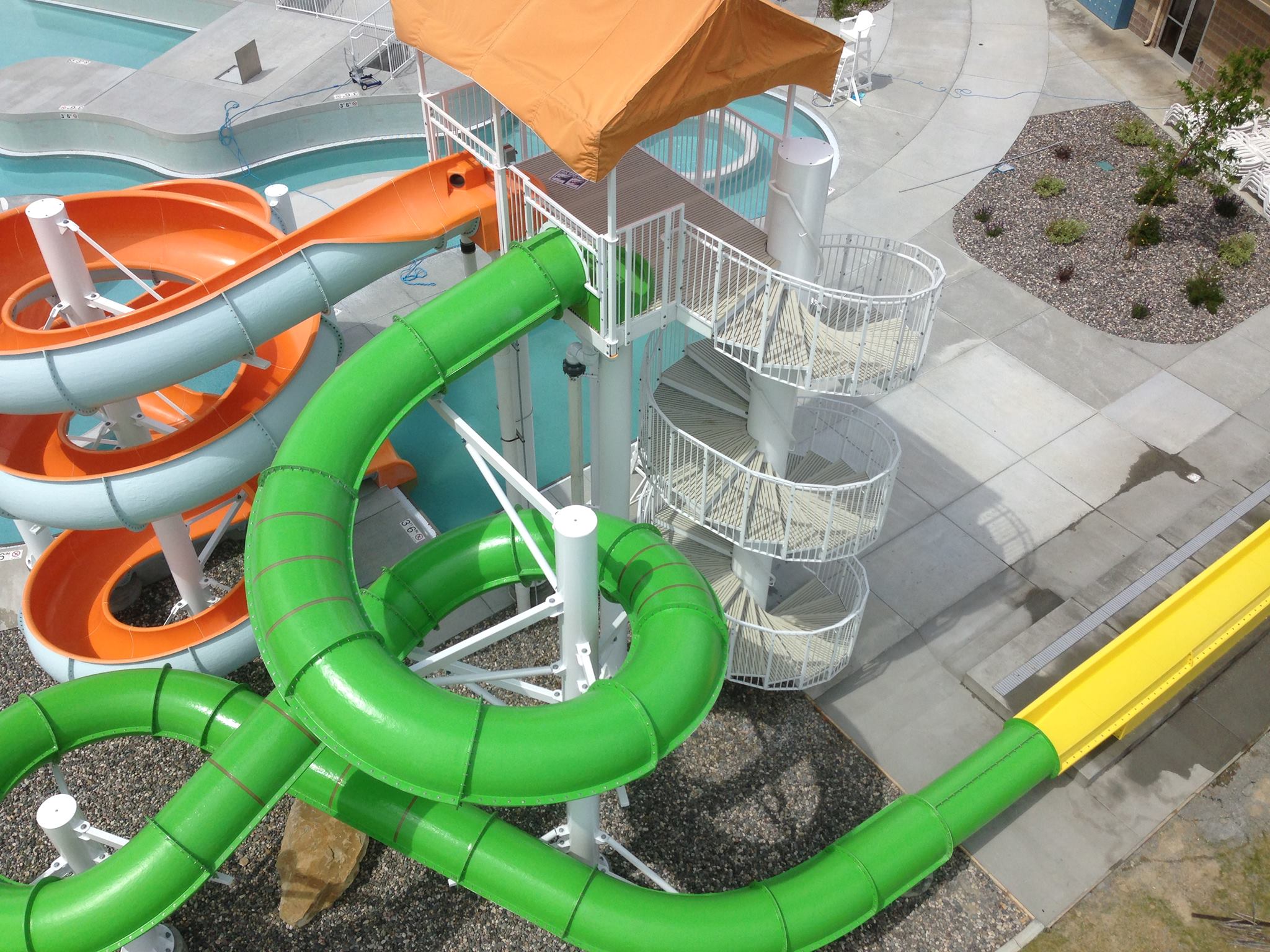Swimming Lessons FAQ
1. WHO CAN ENROLL IN SWIMMING LESSONS?
Swimming lessons are typically open to individuals of all ages, from infants to school-aged. Our lessons are divided by skill level, then further divided by age if we have more than one class of the same skill level.
2. WHAT ARE THE BENEFITS TO SWIMMING LESSONS?
Learning to swim has numerous benefits, including improved water safety, increased confidence, enhanced cardiovascular fitness, and muscle development. Swimming also involves cross-brain communication, so it is beneficial for your brain. It is a valuable life skill that can also be enjoyable and a great form of exercise.
3. HOW LONG DOES IT TAKE TO LEARN HOW TO SWIM?
The time it takes to learn how to swim varies from person to person. Factors such as age, previous experience, and comfort in the water all play a role. Consistent practice and participation in lessons can expedite the learning process.
4. WHAT SHOULD I BRING TO SWIMMING LESSONS?
Participants should bring a swimsuit, towel, goggles (optional, but very helpful for all levels), and any other personal items needed for changing. Please do not bring any type of floaties or water shoes as they hinder the ability to learn how to swim.
5. DO I NEED TO KNOW HOW TO FLOAT BEFORE TAKING SWIMMING LESSONS?
No. Swimming lessons are designed to accommodate individuals at various skill levels, including beginners. Instructors will start with basic water safety skills and progress to more advanced techniques as participants become more comfortable in the water.
HOW MANY SWIMMING LESSONS ARE RECOMMENDED FOR A BEGINNER?
The number of lessons needed for a beginner vary. Some people may feel confident after a few lessons, while others
may benefit from a more extended course. Consistent attendance and practice outside of lessons can significantly impact skill development.
7. WHAT IS THE INSTRUCTOR-TO-STUDENT RATIO AT SWIMMING LESSONS?
The instructor-to-student ratio depends on the level and the age group. Smaller ratios allow for more personalized attention, while larger groups may encourage a social learning environment.
8. ARE THERE PRIVATE LESSONS AVAILABLE?
Yes, we do offer private lessons for individuals seeking one-on -one instruction. Private lessons can be tailored to specific goals and provide a more personalized learning experience.
9. WHAT SAFETY MEASURES ARE IN PLACE DURING SWIMMING LESSONS?
Safety is a top priority during swimming lessons. Instructors are trained in water safety and we have a lifeguard on duty during all lessons. Participants are also required to follow safety rules.
10. WHAT DO THE PARENTS/GUARDIANS DO DURING SWIMMING LESSONS?
During the Baby and Toddler classes a parent will be in the water with their child. For all of the other levels parents may drop off your child, watch their child from the pool deck, or wait inside. Some children feel more comfortable if parents are nearby while others do better when parents are not within eyesight. Parents may have to try a couple options to see what works the best for your child.
11. CAN I CONTINUE SWIMMING LESSONS AFTER LEARNING THE BASICS?
Absolutely! Advanced swimming lessons are available for those looking to refine their technique, learn different strokes, or prepare to tryout for a competitive swim team!
12. SHOULD I SIGN UP FOR THE NEXT LEVEL?
Not necessarily but to secure a spot in your preferred time it is a good idea. If your child is not ready to move to the next level we will always make room in the appropriate level so your child succeeds. After the winter months depending upon what lessons or practice they may have had your child may be ready to move up or possibly may need to retake a level to regain proficiency and confidence.
Swimming Lesson Levels
Shark Level 4
- Deeper water bobbing
- Fine tune rhythmic breathing
- Sculling on back
- Stride dive from side of the pool
- Front crawl (25 yards)
- Introduce breast stroke
- Introduce side stroke
- Treading water
- Introduce butterfly
Stingray Level 3
- Retrieve underwater object without help
- Jump into the pool and safely return to the side
- Coordinate arm strokes with rhythmic breathing
- Back stroke (10 yards)
- Reverse direction while swimming
- Introduce treading water
Swordfish Level 2
- Retrieve objects in chest deep water
- Orientation in deep water with support
- Front and back floats on their own with breathing
- Front and back push-offs
- Introduce rhythmic breathing
- Introduce kickboards
- Introduce back crawl and elementary back stroke
- Rolling over from front to back and back to front
Angelfish Level 1.5
- Basic breath control (nose bubbles)
- Submerge for 3 seconds
- Buoyancy (bob 10 times)
- Front and back floats on their own
- Using ‘Muscle Machines’ to kick front, back, and dolphin
- Working towards independent front crawl
Pufferfish Level 1
- Enter and exit the water independently
- Submerge the entire head
- Basic breath control (mouth bubbles)
- Front and back floats with support
- Flutter kicks (front and back) and dolphin kicks (front) with support
- Introduction to front crawl
- If child is not 100% potty trained they must wear a swim diaper
Water Toddlers (Walking)
- Builds on the skills from Water Babies
- Learn more ways to enter and exit the water safely
- Submerge (nose bubbles)
- Introduction to ‘Muscle Machines’ and floating and kicking with their support on front and back
- Introduction to front stroke
- Adult accompaniment required.
Water Babies (Not yet walking)
- Enter and exit the water safely
- Feel comfortable in the water
- Submerge and explore breath control (blowing bubbles)
- Floating on back and front with help
- Adult accompaniment required.

